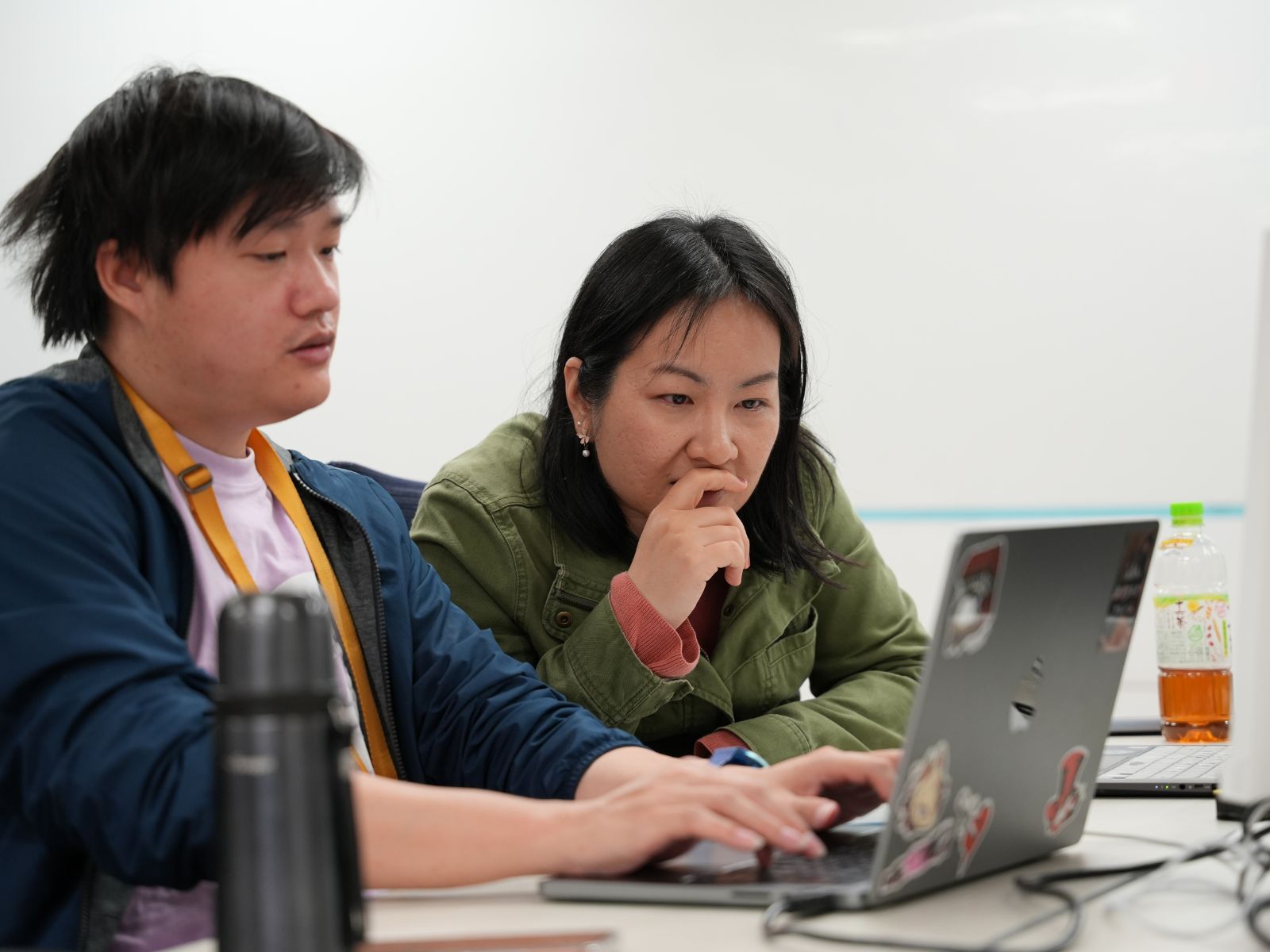
As recruitment costs continue to rise and the overall time from the start of recruitment to the actual onboarding of a new employee lengthens, many companies are re-evaluating their priorities and streamlining their recruitment processes.
What is Skills-First Recruitment
According to the Robert Walters 2024 Talent Trends in Recruitment report, companies are moving away from a traditional credential-based hiring model to a skills-first approach. In the skills-first model, companies focus on a candidate’s skills, abilities, and potential. Instead of just focusing on the resume and looking for degrees, job titles, and years of experience.
Traditionally, the recruitment process was synonymous with resume screening. Evaluating resumes and looking at university credentials and past job titles has always been the foundation of recruitment. However, by using this standard process many companies have missed candidates who have strong skills but a weak resume.
Years of experience and degree become less important when more focus is placed on finding the right person for a role. Moving to this type of model will help companies expand their talent pools and improve diversity.
A resume-first approach often fails to provide a full view of a candidate’s true capabilities, leading to mismatches, costly mis-hires, and, in many cases, biases creeping in and influencing hiring decisions. Whether conscious or unconscious, bias on educational background can result in overlooking candidates with great skills and future potential.
Putting skills first ensures that employees possess the specific competencies necessary for their role in the company. When individuals are well-matched to the job requirements, they can perform tasks more effectively. This alignment enhances individual and team productivity and contributes to employees’ overall well-being.

Job Hunting in Japan
Traditional companies in Japan are not well known for embracing new practices, however, during your job search there may be opportunities at foreign affiliated companies as well, so it is good to be familiar with current trends and be flexible depending on the situation. However, if you are targeting Japanese companies, many foreign residents do not usually enter through the usual new graduate hiring intake that occurs every April but join based on an available opening which has specific roles, responsibilities, and skill requirements. Being able to effectively articulate your skills to potential employers is important and is the first step to successful job hunting.
Connecting Jobs & Skills
Whether your career interests are in IT, Finance, Sales, Marketing etc., it is easy to understand what employers are looking for in potential employees. A quick look at any recruiter’s website will show a list of job openings and the expected requirements for the positions. You can check job openings on the Jobs in Japan site as well to see what employers are looking for. At the start of a career, most people are trying to build their portfolio of skills to succeed in the job search, so it does take time to build a robust resume.
If you are still wondering which career path is best for you, the IT field is one area that consistently has a strong demand for employees and the list of job opportunities for this area on any recruitment site is usually the longest. IT also encompasses a wide variety of roles and competencies and needs many types of skills, not just the stereotypical role of programmer. One fast and effective way to start gaining the skills to work in the IT area is to dedicate time to skill up.
Bootcamp: Fast & Effective Way to Skill Up
Bootcamps have become popular since they singularly focus on giving a specialized and intensive training program designed to rapidly increase and change a participant’s knowledge and skills. Most importantly, bootcamps provide participants with a wide range of practical skills depending on the topic, the level of intensity, and the length of time. They provide students with relevant and ready-to-work job skills in 3-6 months and provide an opportunity to acquire specialized knowledge outside a conventional educational environment such as a university. Some people may opt for an unstructured and flexible learning program but the benefit of a bootcamp is the structure of the course so that students stay laser focused and complete the course to quickly move on and put their new skills to work.
Code Chrysalis is a Tokyo-based coding school providing full-time and part-time programming courses in English and Japanese. The basic class, Foundations, is a beginner level coding course for people who want to take the first step into coding and by the end of the class students will be able to create webpages using programming languages such as JavaScript, HTML, and CSS. The Immersive Full-Time program (12 weeks) focuses on developing students to become autonomous and versatile software engineers who can expertly compete in the evolving tech environment. If you are coming to Tokyo to participate in the Immersive program, most visitors to Japan are allowed a three-month stay without a visa so this program is perfect.
One benefit of the Code Chrysalis bootcamp is the additional services provided such as preparation for job hunting including resume preparation, mock interviews, and salary negotiation advice. Also, career support is available even long after students graduate from school.
Whether you choose to be a programmer or a generalist, like a project manager, having a solid grasp of digital technologies can give you a significant edge in the job market. Even if your focus is not purely on IT, but rather in fields like traditional or digital marketing, understanding web technologies has become more than just a nice-to-have—it is now a must-have skill.
Sustain Your Career Growth
Once you begin developing specific marketable skills, it is essential to keep building on them throughout your career to advance up the professional ladder. Key points to focus on include:
-
Soft skills such as communication, both written and verbal, people management skills, etc.
- – Being able to effectively communicate with staff and management is important to make sure you target the right message for the right audience.
-
Be available for job relocation
- – Job opportunities may exist in other locations and being open to them may set you apart from others.
-
Keep your skills portable among different industries
- – Are your skills tied to one industry or are you able to work flexibly across different industries?
Fortunately, Japan’s economy remains strong, and companies are actively hiring. However, the key to unlocking these opportunities lies in having the right skills for the roles in demand. Building those skills and securing a rewarding career can be a long and sometimes challenging journey. Stay focused on developing your expertise and growing your portfolio. With persistence, you will be well-positioned to find a fulfilling career that makes the most of your abilities. Wishing you the best of luck!
















